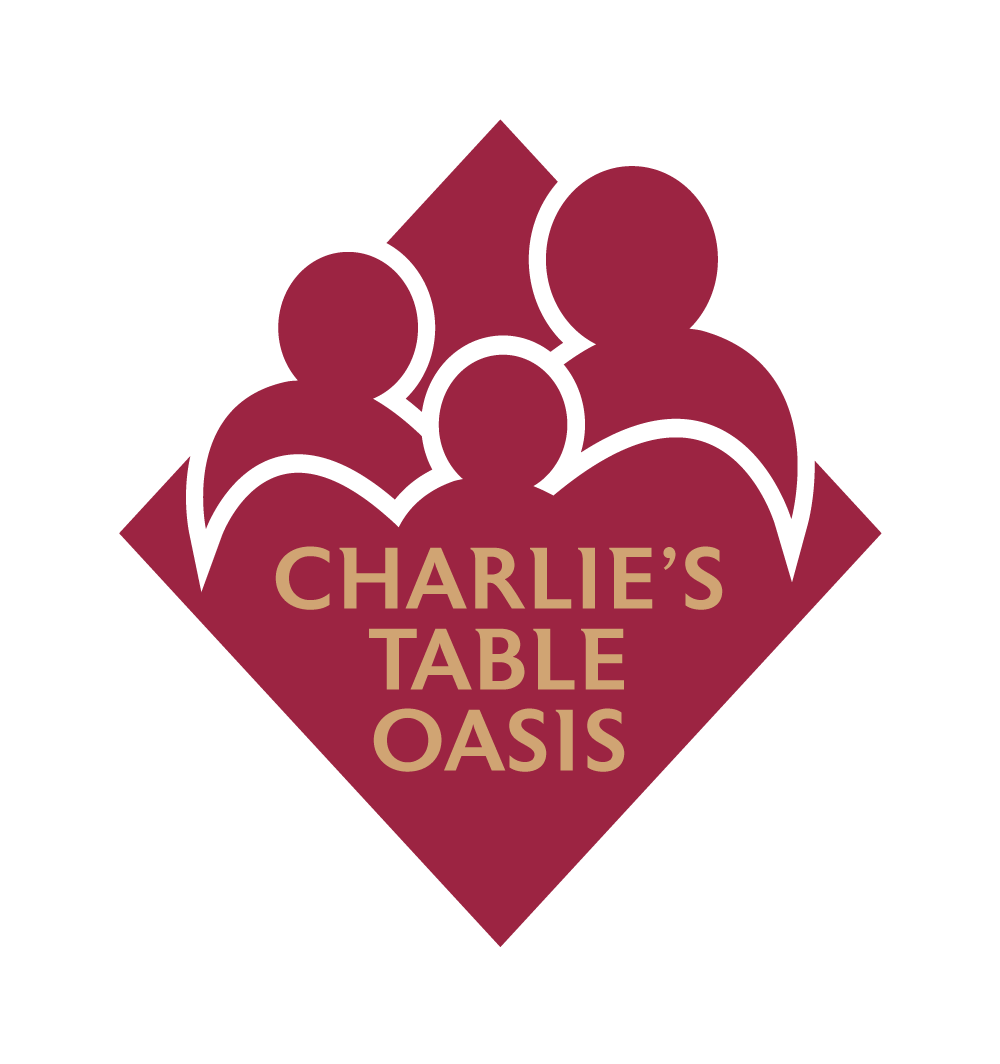LEGAL
Laws That Protect People With Celiac Disease and Gluten Intolerance
As a general matter, thanks to a variety of federal and state laws, people with celiac disease or gluten intolerance cannot be discriminated against because of a health condition. In addition, reasonable accommodations must be provided to permit gluten-free eating.
Schools
A child cannot be discriminated against at school (from kindergarten through college) because of a health condition.
If needed for a child to stay healthy, the school has to provide a reasonable accommodation. What a “reasonable accommodation” is can vary according to the circumstances, but the bottom line is there must be a way for the child to eat gluten-free.
For more information, see Schools and/or A 504 Plan.
Work
To learn about protections at work, see: Legal Protections At Work
The Federal Laws
The federal laws which protect people with celiac disease and gluten sensitivity are:
The Americans With Disability Act, as amended (the “ADA”)
Individuals With Disabilities Education Act (IDEA)
While it may be more common to think of a person in a wheelchair as a person with a disability, the court interpretations of the law include health conditions such as celiac disease and gluten intolerance.
NOTE: Calling a health condition a disability should not affect future educational opportunities, such as college admissions or scholarships.
Food Allergen Labeling And Consumer Protection Act (FALCPA) and Gluten
The FALCPA is a federal law that regulates food labeling. The law is administered by the Food and Drug Administration (FDA).
The law requires that manufacturers list on a product label any of the following food allergens if they are contained in the product or are secondary ingredients in the spices, flavorings, additives or colorings: egg, fish, milk, peanuts, shellfish, soy, tree nuts and wheat.
Current tests are reliable to approximately 2 PPM (parts per million) of an ingredient in a product.
Under the FDA regulations, a food may be labeled gluten-free if:
It does not contain an ingredient that is a gluten containing grain such as wheat
It does not contain an ingredient derived from a gluten containing grain that has not been processed to remove gluten (for example, wheat flour)
It contains an ingredient derived from a gluten-containing grain that has been processed to remove gluten (for example wheat starch), as long as use of that ingredient in the food does not cause the food to contain 20 parts per million (PPM) or more gluten.
Under the FDA’s regulations, if you see one of the following words, the product is supposed to contain less than 20 PPM of gluten and is considered to be safe for people who must not eat gluten.
Gluten-Free
Without Gluten
Free of Gluten
No Gluten
If you want to get an idea of what 20 PPM looks like, look at the video by Jessica Hanson/ Tasty Meditation.
NOTE:
While the above is the law, companies have been known to label their product gluten-free based on an assumption. The FDA does not say when to test or how to test or even require an actual test.
While the FDA has flexibility rules in place concerning Covid 19, they do not affect labeling regulations with respect to gluten.
The following foods are regulated by the USDA instead of the FDA:
Egg products such as certain liquid egg products
Meat products such as hot dogs
Mixed food products containing more than 3% raw meat or 2% or more cooked meat or poultry.
Poultry products such as canned chicken
The USDA does not have its own labeling laws concerning gluten-free. A manufacturer under the USDA regulatory rules must comply with the FDA rules.
TAKING CARE OF “WHAT IF?”
Everyone, no matter how few assets you have, should have a Will. We should also think about what you would want to happen if an occurrence requires a medical decision and you become unable to speak for yourself. You’ll find information about both situations at Survivorship A to Z. State specific wills and end-of-life documents are available for free online. To learn more, see Wills 101.
Living Wills and Health Care Power Of Attorney
As the Covid pandemic made clear, any of us can be subjected to a medical condition and unable to speak for ourselves. Now is the time to think about the situation, execute a legal document to evidence your wishes, and let the people concerned know about your choice(s).
To learn about the alternatives and documents involved – which can be obtained for free - see Survivorship A to Z.
Wills
Last, but not least, everyone should have a Will – no matter how few assets you have. Free will templates are available online.
Everyone should also consider advance directives to keep control if medical decisions have to be made at a time when you cannot speak for yourself. Free state specific advance directives are also available online.
